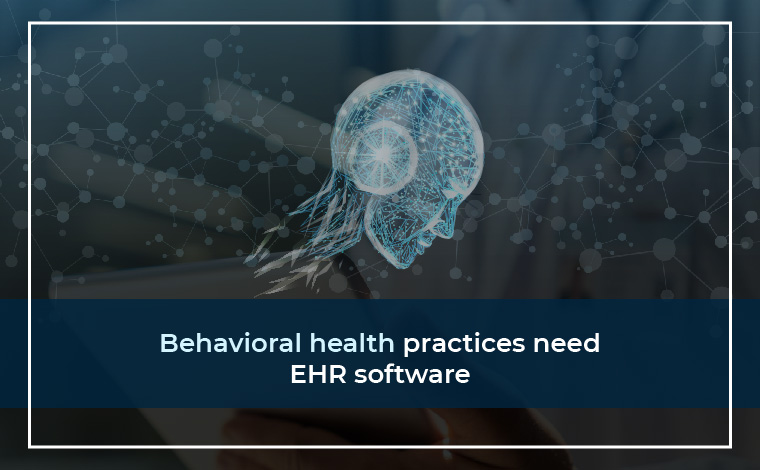


In today’s India, behavioral health practices of all sizes are still relying on outdated paper-based systems or generic office software, which does little to streamline their operations. Some providers believe that the cost of electronic health records (EHR) software is prohibitively high, while others feel that current EHR applications lack the features specific to their needs. However, advancements in cloud computing have led to the introduction of highly secure cloud-based EHR solutions.
EHR vendors are now customizing their software to cater specifically to behavioral health practices by offering EHR applications through Software as a Service (SaaS) models. As an EHR vendor ourselves, we recognize that the cost of EHR software can be a concern.
One significant benefit of implementing electronic health record software in a behavioral health practice is that it ensures documentation is consistently completed with all necessary details. This can help prevent billing and reimbursement issues, leading to a smoother revenue flow for the practice.
It’s unfortunate but true that many prescriptions for psychotropic medications meant to aid patients can be prone to abuse. This is why behavioral health professionals increasingly rely on prescription tracking capabilities. By tracking prescriptions electronically, providers can ensure that patients are receiving medication from a single source, minimizing the risk of patients misusing the system to obtain multiple prescriptions for the same medication from various doctors and pharmacies. Additionally, tracking allows doctors to verify that their patients are consistently filling their prescriptions.
Given the nature of behavioral health disorders, patients often see multiple providers to receive a wide range of services. With various components to coordinate, using EHR software becomes crucial for behavioral health practices, as it enhances communication among providers and helps prevent unnecessary duplication of services. After all, a patient might not be in a position to recognize redundant care; they depend on professionals to assess the effectiveness of the services they receive.
We want to ensure a seamless process for staff when determining how many units a patient has left for authorization. Failing to do so could jeopardize the continuity of care for the patient and lead to denied claims.
Medicare, insurance companies, and accrediting agencies are continuously raising their standards for service delivery, highlighting the need for behavioral health providers to communicate essential information with them using electronic health record software. An EHR system becomes an essential tool in maintaining high-quality care for every patient.
Behavioral health professionals should leverage the latest software and technology developments to enhance the efficiency of their operations. Now that you understand the importance of EHR software, you and your fellow stakeholders can evaluate potential electronic health record options and determine which software might be the best fit for your practice.